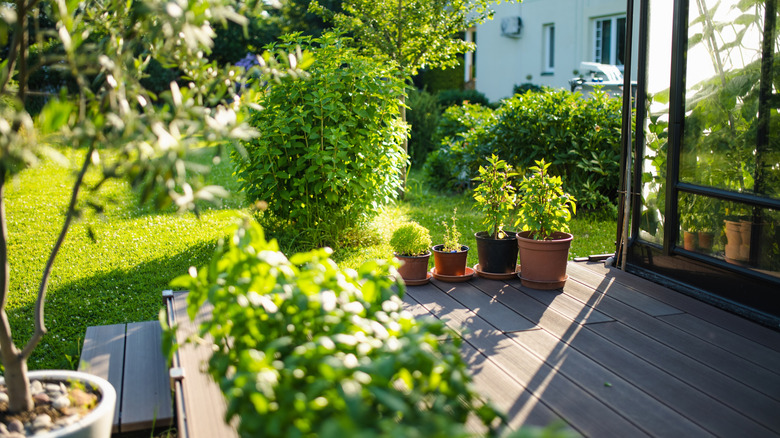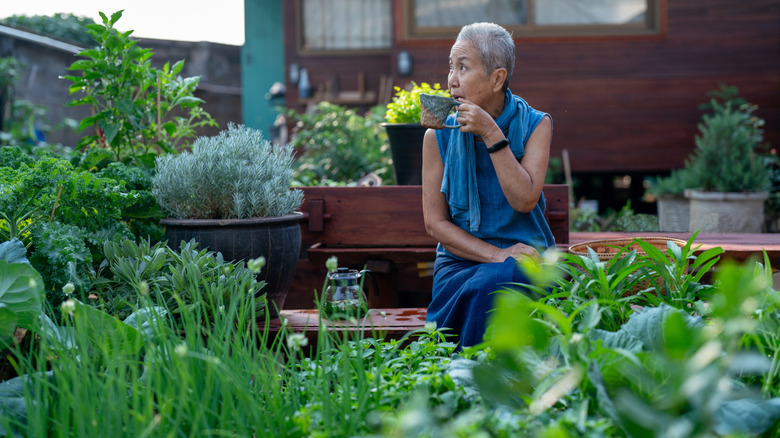The Gentle Daily Habit That Could Help You Upgrade Your Garden
It's easy to think of gardening as a weekend project. You grab your gloves, haul out essential gardening tools, and squeeze in a few hours of work before the sun dips. But the truth is, gardens rarely thrive on big bursts of attention followed by long stretches of radio silence. They respond better to consistency and to eyes and hands present every day. And that's where a surprisingly gentle habit of eating breakfast in your garden comes in. At first glance, it sounds trivial. But that daily sit-down with your coffee and toast is a practical routine that can change how you care for your plants. By being present every morning, you give your garden the kind of steady attention that keeps small issues from becoming disasters.
Of course, presence alone isn't enough. You need a framework for how much time your patch of green actually requires. A useful rule of thumb is one to three minutes of weekly care per square foot of garden space. A 50-square-foot vegetable bed, for instance, would need about 50 to 150 minutes each week, ideally spread out in daily sessions. And breakfast time, when you're already there, is the perfect window to log those precious minutes. The math works because steady micro-maintenance replaces the need for exhausting marathons when your plants are begging for attention. But even if you don't have much time for weeding or watering during breakfast, you can make notes on what needs to be done later in the day.
The overlooked way morning presence helps your garden thrive
When you sit in the garden with your breakfast, it's rarely about eating and moving on. Almost without thinking, your hands get involved. You might find yourself pulling a stray weed here and brushing soil back into place there. These small, almost unconscious actions don't feel like work, but they add up to something important. You begin to notice things like a leaf that's curling too soon, a drooping flower, a leaning stem, or a patch of soil drying faster than the rest. These tiny observations make you proactive. It helps you step in early and prevent the kind of issues that only get harder to fix later, like rot root or a major pest infestation.
Morning is also a gardener's ally for practical reasons. It's the best time to give your plants a chance to drink deeply before the heat of the day sets in. It's also when pruning and deadheading work most effectively by redirecting a plant's energy toward fresh growth.
And it's when pests that will do by far the most damage to your home, like roaches and rodents, are likely to leave clues of their activity. Catching signs of pest trouble in the early hours means you're not blindsided weeks later when the damage has already been done. Put simply, that gentle morning presence in your garden sharpens your awareness and strengthens the resilience of your greenery.

